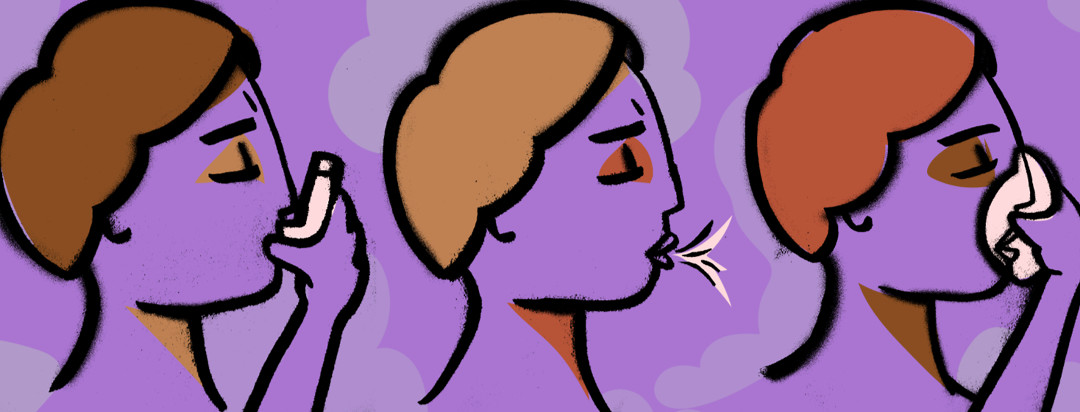Cystic Fibrosis and Respiratory Therapy
This year, Respiratory Care Week will be celebrated throughout the United States during the week of October 25-31. If you or someone you love has cystic fibrosis (CF), you probably are very familiar with respiratory therapists and the care they give. Respiratory therapists (RTs) provide care to many patients and in many settings. They are essential care workers for people with CF.1
How do respiratory therapists care for people with cystic fibrosis?
Respiratory therapists have many duties when caring for people with cystic fibrosis. Their responsibilities often include:2
- Helping people with CF manage their condition
- Educating families of people with CF
- Administering CF medicines and therapies (this includes helping people with CF keep their airway clear)
Managing CF
RTs perform pulmonary function tests (PFT) when you visit your pulmonologist. These tests measure the amount of air that a person can breathe out after a deep breath in. They also measure the amount of air you breathe out in the first second of the exhale. These tests are not as complex as the PFTs that are often done every year at a hospital.3
RTs can culture your sputum either with a swab or from a productive cough. They can tell if you have any bacteria growing in your sputum. If there is evidence of bacteria, they can also match it to the best antibiotic to treat it.3
Clearing airways
Every person with CF has different needs. Respiratory therapists are trained to help people with cystic fibrosis choose the best technique for clearing their airway. RTs may need to teach people with CF and their families different methods for loosening mucus. They may also need to teach families and people with CF how to use medical devices that help with airway clearance. This helps reduce infections and increase airflow.2,3
Inhaled medication treatments
Respiratory therapists also teach families and people with cystic fibrosis to administer inhaled medicine treatments. RTs give inhaled medicines and oxygen if people with CF are admitted to the hospital. These medicines often include:2,3
- Bronchodilators and beta-agonists
- Hypertonic saline – This helps to draw water into the mucus to make it thinner and easier to cough up, a process known as osmosis
- Pulmozyme and other mucoactive drugs
- Inhaled antibiotics
- Inhaled steroids
RTs can also help people with CF to use their medicines in the most effective way.
Educating families
One of the other important jobs of respiratory therapists includes educating families on how to handle and clean CF equipment. Plus, they often help educate families about CF, medicines, and other medical knowledge.2
They also help families come up with schedules for medicines and airway clearance, as well as understanding the importance of these schedules. RTs can teach families the proper order of giving medicines. They may help people with CF find resources if their families are burdened by CF therapies.2
How can we acknowledge respiratory therapists?
If you have ever had a respiratory therapist who has helped you with cystic fibrosis, you may want to acknowledge their hard work and support. Respiratory Care Week is a great time to show your appreciation. RTs always appreciate a kind word, thank you, or even a card signed by you and your family.1
If you feel your RT has gone above and beyond, send a letter to their supervisor (or even their office) and give them a shout-out. People who work in healthcare often hear when someone is upset with them – they appreciate it when someone lets them know they did a good job. If nothing else, make sure you thank your RT for all the hard work they do for you!
Have you had a great experience with your respiratory therapist? Share it with us in the comments below!

Join the conversation